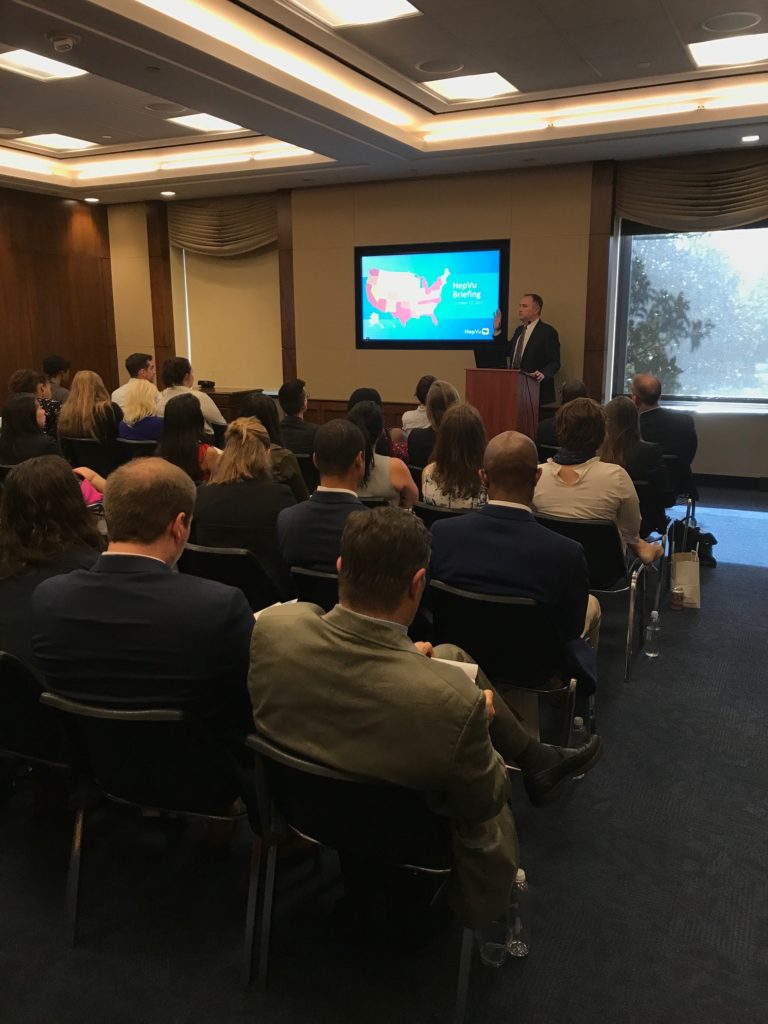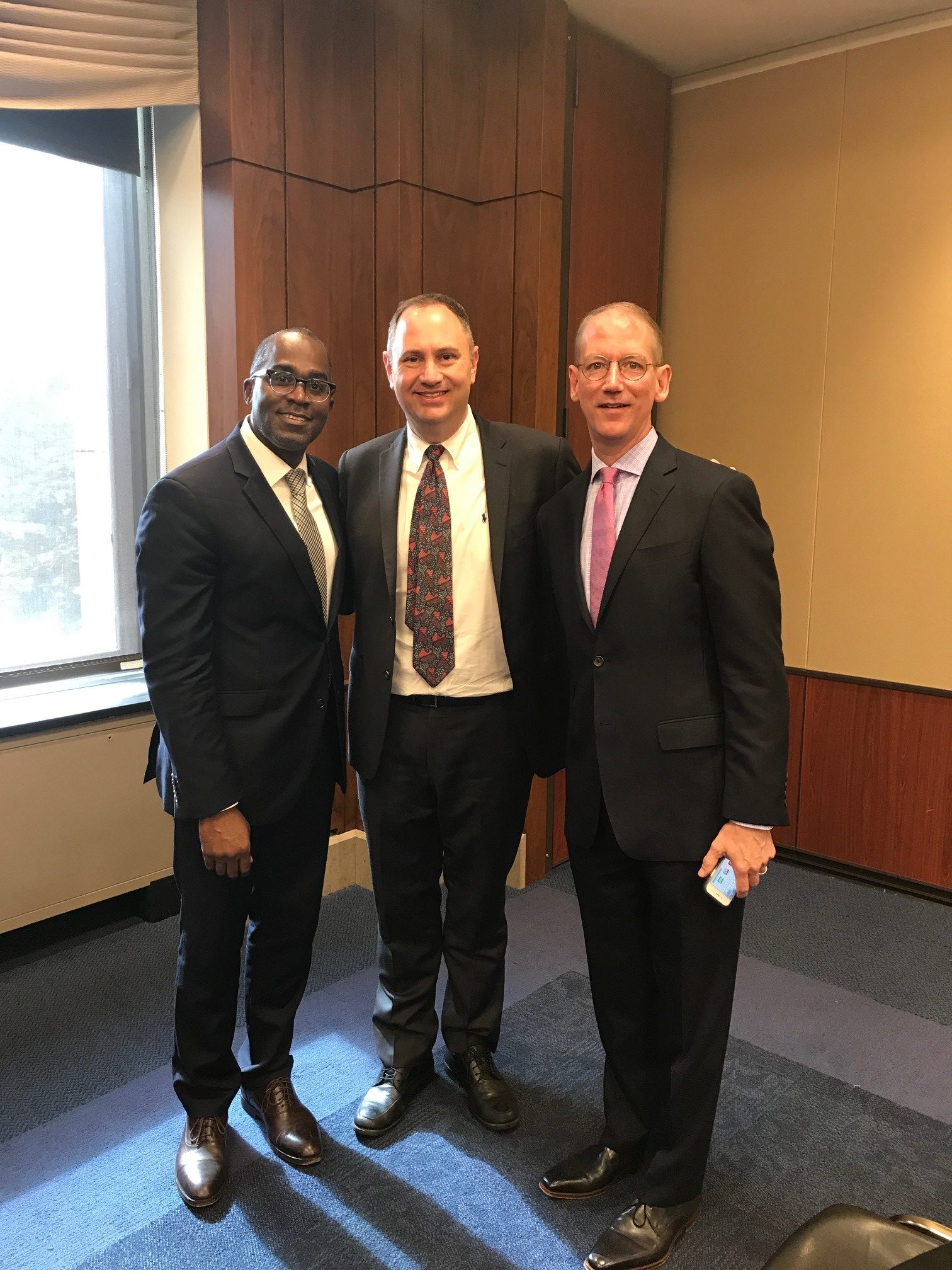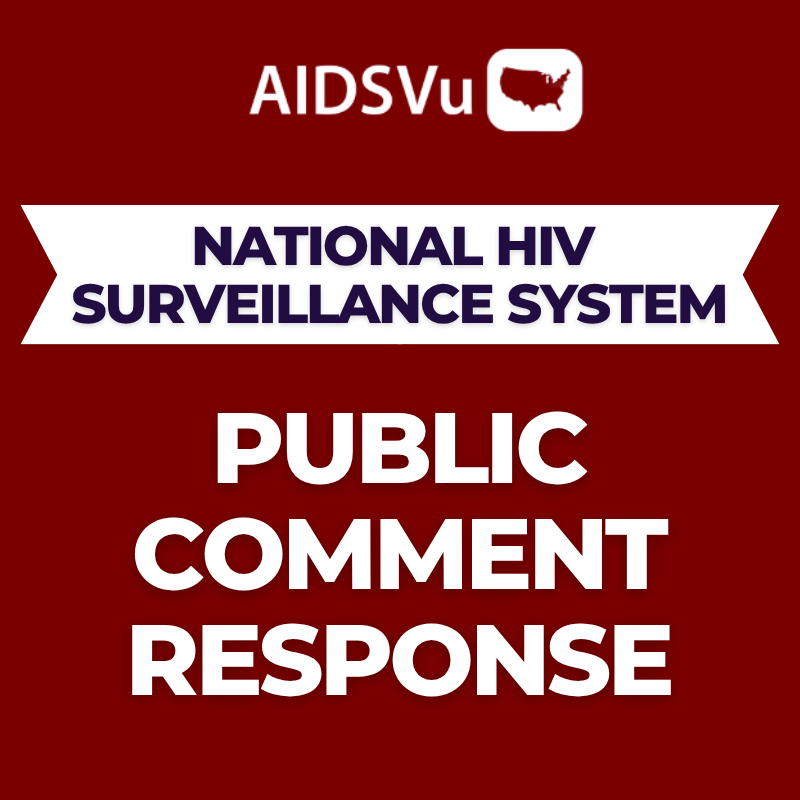On October 23, 2017, amfAR, AIDSVu and HepVu presented a Capitol Hill briefing entitled “HIV/AIDS, Viral Hepatitis, and Opioids: Using Data and Mapping Technology to Understand Overlapping Epidemics at the National, State and Local Level.” The briefing was sponsored by the Congressional HIV/AIDS Caucus and the Congressional Hepatitis Caucus. The audience included staffers from both the Senate and House of Representatives, as well as a number of key advocacy organizations and other stakeholder groups.

The program included an overview of amfAR’s Opioid and Health Indicators Database, which provides local to national statistics using reliable data sources on new HIV and hepatitis C infections, opioid use and overdose death rates, and the availability of services like drug treatment programs and syringe exchange services. This platform presents in stark terms the impact of the opioid epidemic on the spread of blood-borne infections like HIV and hepatitis C, and highlights the need for greater investment in disease surveillance and comprehensive public health strategies to confront these growing public health challenges.
The AIDSVu and HepVu portion of the presentation focused on the importance of using data and data visualization tools to increase disease awareness in the policy process, and to better target programs and resources to the places and populations with the greatest need and potential for impact. By contrasting the nation’s state-of-the-art HIV surveillance system with the relatively under-resourced and incomplete surveillance systems for viral hepatitis, audience members were able to understand the disparity in epidemiological data even further, and see how this impacts the ability of public health officials and policy-makers to effectively address these epidemics.

Jeff Crowley, Program Director of the Infectious Disease Initiative at the O’Neill Institute for National and Global Health Law at the Georgetown University School of Law, closed the program, underscoring the importance of integrating our responses to the opioid, HIV and hepatitis C epidemics in order to be more effective and efficient. He also spoke about the critical role that Medicaid plays in addressing both the prevention and treatment aspects of these intersecting epidemics and touched on the importance of expanding syringe exchange programs to reduce the risk of future disease outbreaks.
Concluding with a lively question and answer session, the briefing was a great opportunity to demonstrate how AIDSVu, HepVu and amfAR’s Health Indicators Database can help policymakers, their staff, and other advocates better understand and respond to these co-occurring epidemics. Participants also learned about the importance of strengthening viral hepatitis surveillance systems across the country so that critical resources can be deployed most effectively. Moving forward, AIDSVu and our partners look forward to reaching out to new audiences to continue to advance the mission of AIDSVu and HepVu of making information come alive.




